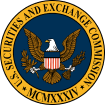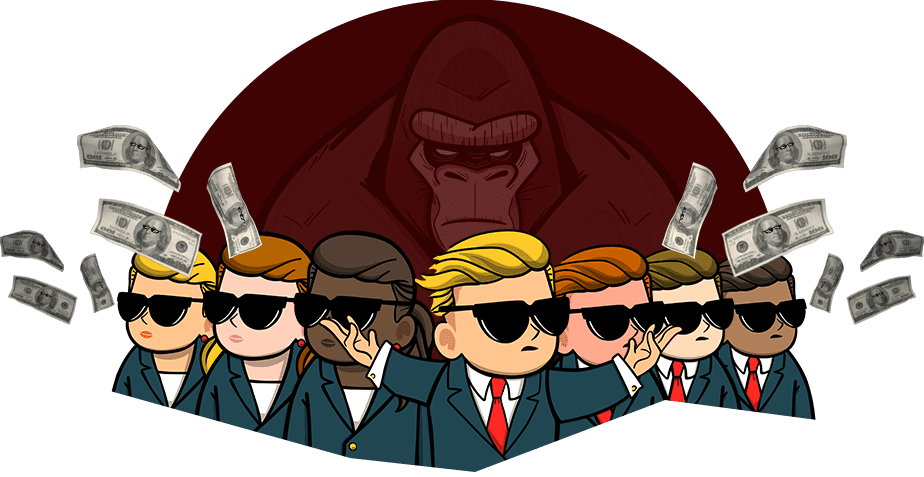Payment for Order Flow
invisible (but legal) fees brokers make by directing orders to parties that actually make the trades
Payment for Order Flow is legal in the United States and outlawed in some other countries. Instead of an investor’s order being sent to a stock exchange, the order is routed to another party. Usually, there’s no disclosure which party your order was routed to, and how much money that party made through the transaction. Retail brokers have different levels of reliance on Payment for Order Flow to make their money.
Failures to Deliver (FTDs)
when a seller doesn’t deliver stocks on time to the buyer who paid for them
When a stock transaction is not completed in time by the seller during the settlement process, this is referred to as a Fail to Deliver. At the height of the GameStop frenzy, $359 Million shares worth were not delivered. And under normal circumstances, $3 Billion worth of shares are not being delivered on time to the buyers that paid for them, on a daily (!) basis. Susanne Trimbath, who was featured in “Gaming Wall Street” wrote extensively about the issue of certain players abusing fails to create excess profits.
Naked Short Selling
selling or lending shares that you don’t actually have
Naked Short Selling is a scheme that abuses the short selling mechanism by electronically pretending shares have been lent or sold when they actually don’t exist. This creates excessive negative pressure on the price of a stock, and dilutes the supply. While laws and enforcement have gotten stricter since 2008 and the introduction of Reg SHO, the current regulatory environment still leaves enough loopholes for naked shorting and similar abusive schemes to happen. There is no official mechanism to measure this. Only suspicious discrepancies in the OBO/NOBO balance can be measured by data investigators like the team at ShareIntel which was featured in “Gaming Wall Street”.

SEC “Transparency in Securities Lending” Rule Proposal
Rule 10c-1 is a strong initiative to hold short sellers and brokers accountable for increased transparency
About 10 months after the GameStop event, the SEC has published a 190-page rule proposal under Chairman Gary Gensler that would increase the frequency of reporting short interest, and make it much harder to hide illegitimate transactions within the short selling mechanics. It’s not a fix-all “silver bullet”, but the strongest proposal in this space since Reg SHO.
There’s a realistic chance the rule proposal will be affected by Wall Street opposition, and become watered down or thrown out altogether – unless there is broad support and pressure from the public.

The Investor Bill of Rights
A “We the Investors” proposal that can build a united front among retail investors for market reform
A coalition of organizations pushing for market reform, spearheaded by investing information company Urvin Finance, comprehensive fractional investing platform Public.com, regulated blockchain infrastructure platform Paxos, institutional equities execution platform Proof Trading, and others has launched an Investor Bill of Rights in a call for comprehensive market reforms that will empower individual investors. You can get involved in a number of market structure reform issues through a central petitioning document with demands on structural reform of the market.
The Bill focuses on the elimination of intransparent practices, disclosures of conflicting interests, and the end of abusive practices by Wall Street power players.

Better Markets’ Advocacy Effort
The go-to Washington D.C. advocacy organization representing Main Street interests in financial politics
One of the subjects in “Gaming Wall Street” is Dennis Kelleher, a former senior staffer in the U.S. Senate and now leading the DC-based non-profit Better Markets. The organization acts as an advocacy counterweight to Wall Street interests in the political sphere of Washington where regulations and laws are either enacted or thrown out.
Better Markets has published numerous educational resources on conflicts of interest in banking and government, past civil and criminal penalty records of big banks, and continuously lobbies for more accountability in finance








